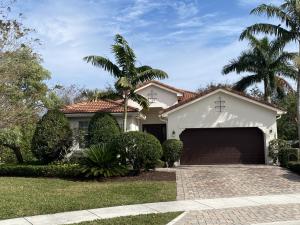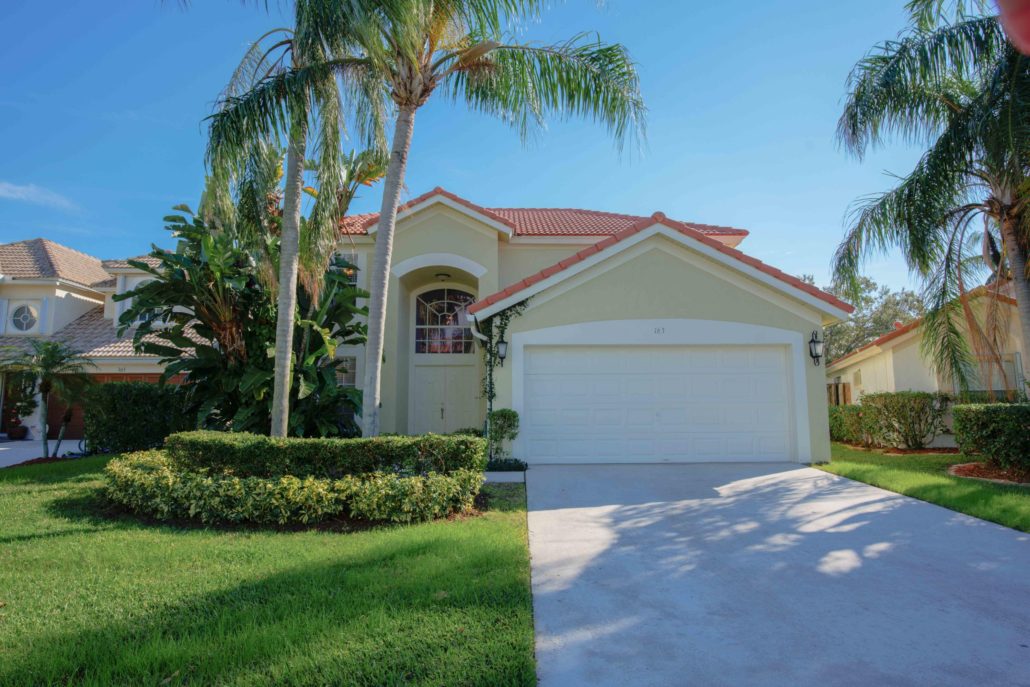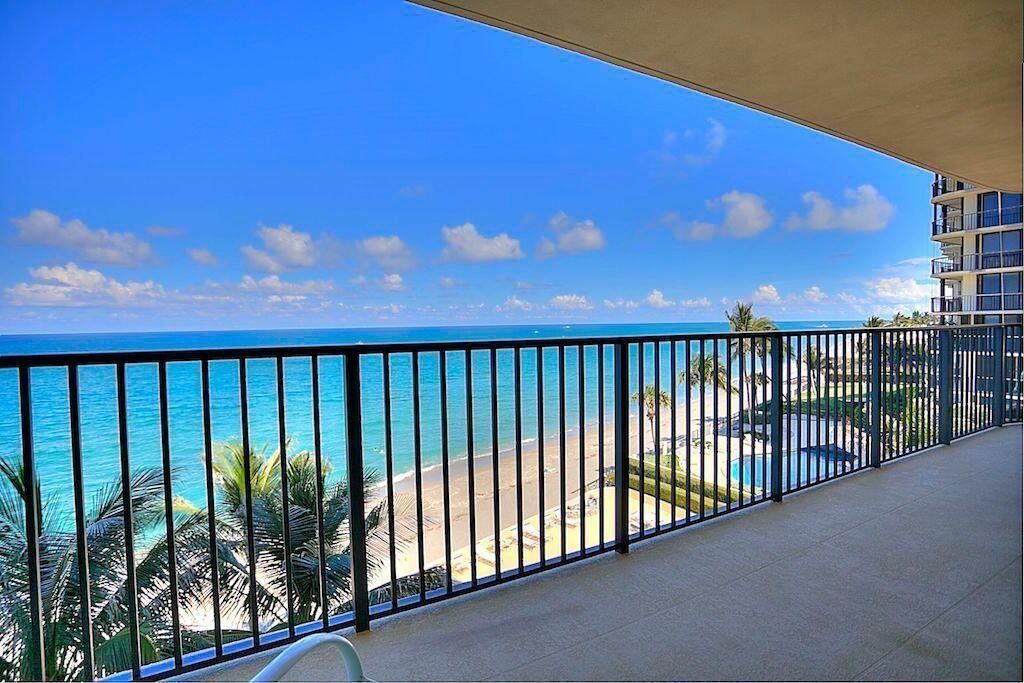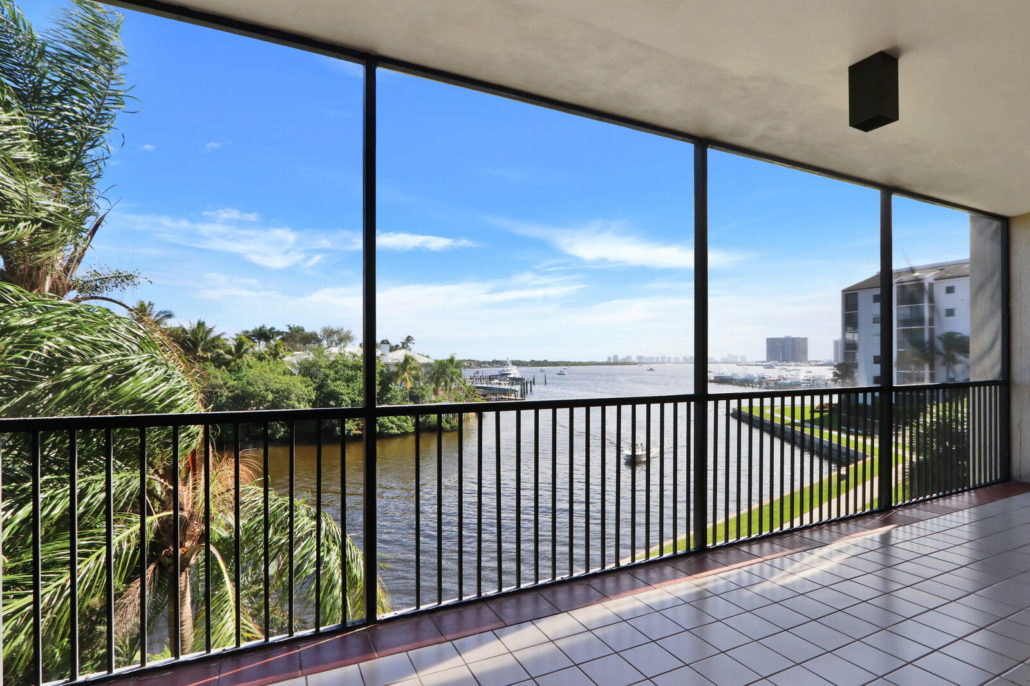373 Arlington Road, West Palm Beach, FL 33405
This charming 2 bedroom home will not disappoint. Completely upgraded, the kitchen features stainless steel appliances & granite countertops. The bedrooms have new wood flooring. Enjoy the real wood-burning fireplace in the living room. Relax in the bonus room that has a gorgeous tongue & groove ceiling & can either be your office or quaint sitting room. The backyard is large and has a fire pit and an outdoor shower with both hot & cold water. There’s even room for a pool. The bathroom was recently upgraded & the laundry room has upgraded appliances as well. Brand new electrical system. The home is directly across from the Spillway canal, which feeds directly into the Intracoastal. Minutes to Clematis, the beach, & restaurants, this is the perfect home in the desirable neighborhood of SoSo



































